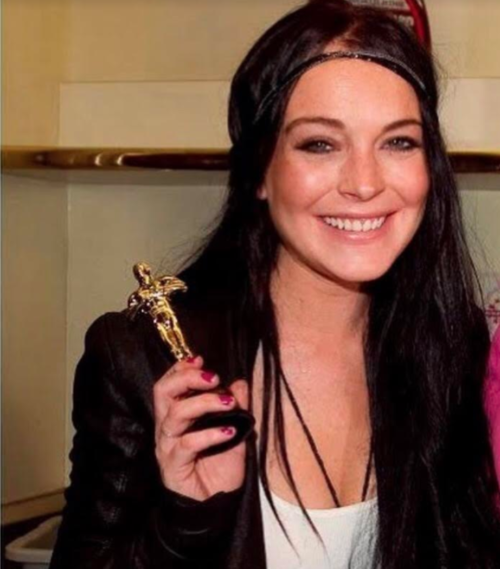The Academy has made a few missteps in a new era defined by seeking to disseminate some of the overall “sameness” (that means whiteness) of the landscape called mainstream and even “fringe” movies worthy of awards and accolades. Compounded by a lackluster response to the #MeToo and Time’s Up movements with most of the heavy lifting done by the women in attendance who either presented or gave acceptance speeches (Frances McDormand comes to mind most clearly) at the show earlier this year, the Academy hasn’t done much lately to come across as “avant-garde.” With a bar that was set relatively high by its more laidback yet chicer and increasingly more respected precedent setter, the Golden Globe Awards, the Academy Awards fell short from the outset of this year’s presentation with its decision to get a man to host (not that the Golden Globes didn’t do the same): Jimmy Kimmel. Then there were the wins by sexual deviants Kobe Bryant (yes, you read that correctly) and Gary Oldman, selections that seemed to thumb their nose at the highly sensitive nature of this particular ceremony, post-Weinstein & company revelation and all.
Trying its best to broach the hotbed issue while not saying much of anything at all, the Academy’s ratings accordingly suffered. To be more specific, it offered the lowest ratings in history. With this in mind, it is not a complete non sequitur that the Academy of Motion Picture Arts and Sciences’ board of governors, as they call themselves (one is definitely picturing about ten decrepit white men with graphs and charts that they point to at random for proof that their decisions are viable), would decide to add what they’re calling a “popular movie” category.
While details on what this means are still vague, one can’t help but have visions of something as gallingly frivolous as Mamma Mia! Here We Go Again making the cut for an award nod. And as much as you might love Cher (just as the Academy does, as evidenced by giving her the award for Best Actress in 1988 for Moonstruck), some films were not meant for the once high-brow space of this “ceremony,” now reduced to little better than a wannabe MTV Movie Awards–now calling itself the MTV Movie & TV Awards–long after this awards show itself has even been deemed relevant (the last truly pop culture influencing year being 2000, when Sarah Jessica Parker hosted at the height of her Carrie Bradshaw iconography and Sarah Michelle Gellar and Selma Blair won the award for Best Kiss and then reminded us all why onstage). While as of yet, all that is being said is, “Eligibility requirements and other key details will be forthcoming,” the Pandora’s box of one’s imagination running wild about Jurassic World: Fallen Kingdom making the cut can’t be put aside now.
Naturally, the standard-issue argument in defense of the addition of this more “humanizing in the eyes of the lowest common denominator masses” accolade is that it serves to bring the Academy Awards into the twenty-first century–modernization through kowtowing to mongoloids, if you will. But by this logic, shouldn’t the “powers that be” of the institution have had women host for the past, I don’t know, twenty years or so? Or integrate more “marginal” films into the considerations for nominations (say, Gaspar Noe’s Love?). There are just so many other ways, so many other subtle tweaks that could be made to improve the germaneness of it that to make this rash and irrevocable move is only more telling of how out of touch the Academy is–both with the public and itself. Does it not realize that this–to win an Oscar–is the ambition people set out with in their minds at the beginning of their film dream? The award that makes them strive with their utmost to create something worthwhile–to build on a canon of cinematic language perfected by the likes of greats such as Billy Wilder, Stanley Kubrick, Martin Scorsese and I guess Greta Gerwig (because she’s really the only woman who’s been nominated in the Best Director category)–but honestly, Lina Wertmüller forever.
And now what? They’re going to give Ocean’s Eight an Academy Award nomination for the sake of pertinency? It all, once again, smacks of the many subplots of Idiocracy leading to an overall mongo nation, and continued proof that Midnight in Paris was predicated on the fallacy of wistfulness for a different time before we were actually living in the worst time ever.






















